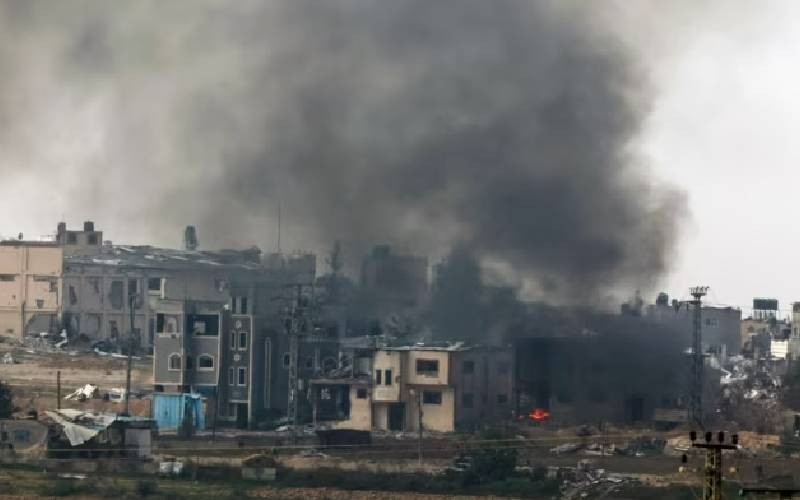
As the government of Israeli Prime Minister Benjamin Netanyahu expands its ground offensive in Gaza, Iran's threats of retaliation over the airstrikes that killed a senior military officer and continued attacks from Tehran-backed groups in the region are increasing the likelihood of an all-out war in the Middle East. It is a risk U.S. President Joe Biden cannot afford as he heads into an election year in 2024.
Earlier this week, Tehran vowed retribution for what it called the assassination in Syria of Seyed Razi Mousavi, a senior adviser to Iran's Islamic Revolutionary Guard Corps.